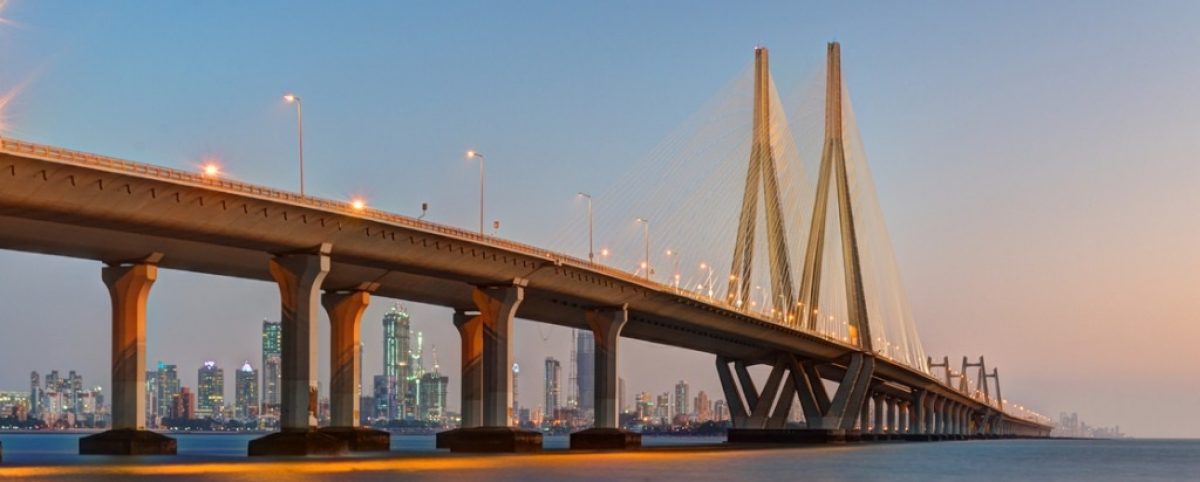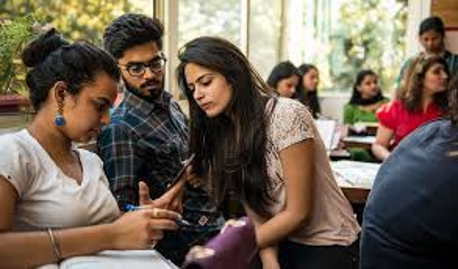A recent headline in the Economic Times read: “India budget – what all has the Government promised”.
For western English speakers, the “what all” demonstrates a slight difference in how English is used in India. I am not saying anyone is right or wrong here, but language can remind us that although we might speak English, we think first as a westerner or an Indian or other part of Asia. Western media would say “what has the government…”
At the least it is entertaining – at most it provides cultural insights.
At functions in India you will see two signs “Veg and non-veg”. This shows how important food choices are over there.

Pictured is the vegetarian Jumbo King Food outlet in Mumbai
Young Indians will often refer to non-relative individuals as “Auntie” or “Uncle” as a sign of affection.
“Timepass’ is a terrific Indian-English creation – used to describe a Bollywood movie or TV show that was just OK. How was the movie – Oh you know, timepass.
When an Indian talks about “mugging” it is generally not about thugs or criminals – it describes rote learning, memorising, cramming.
In a crowded country, “kindly adjust” is a common phrase which means “sorry about any inconvenience but there is not much I can do about it now”. Especially useful on trains.

Pictured is Ahmedabad station where “kindly adjust’ comes in handy
Conversations can often include “rest is fine” which comes after a short description of what is happening in your life and “rest is fine” is an all purpose summary of the rest.
“What is your good name” is one I love – such a respectful way to ask a person’s name.
Brian Johnston recently wrote in this topic in Traveller.
He said a simple sign in a Delhi temple said “Ill manner of all kinds is intolerable”. Admonishment or observation? Intolerable, but is it tolerated?
Indians, he says, have a Shakespearean knack for new variations of words – upgradation, pin-drop silence, and “Mention not!” when you offer praise.
More – she is pulling your legs. Pay attention on. Discuss about. She’ll be knowing the answer.
How about “Don’t prepone it – do the needful!” By the way, “Prepone” is much shorter than “”Do you want to bring our meeting forward a day?” Prepone is now in the Oxford English dictionary.
Words such as hullabaloo, hoary, gallivanting, thrice and scurrilous continue to thrive in India.
Johnston says: “Indian English conforms to its own proper rules of grammar and vocabulary”.
He makes the point that English is no longer controlled by the small number who originally spoke it. Native speakers of English (450 million) are way outnumbered by non-native speakers (at least 1 billion).
In India you can order “hot hot coffee”. A travel guide might refer to the wonderful India Gate in Delhi as “big and enormous” – that is huge!

(I am pictured in November in front of the “big and enormous” India Gate in Delhi)
China of course has its own English, often dispensing with subjects (can or can not!) or verbs (this chilly crab delicious).
India and China both use “is it” in questions – “you are leaving now, is it?”
On the road in India is entertaining – “Horn please!” is the instruction on mountain bends and on the back of trucks. “Faster will see disaster” it a beautiful use of English as is “Always alert, accident avert”. Also – “Road is hilly, don’t be silly”

Pictured above – colourful back end of a truck in India
My favourite is the sign off used in emails and letters – “We will revert with the necessary”. Says it all.
(Thanks in part to Brian Johnston and Traveller 1 February 2020)



Excellent observations.
LikeLike